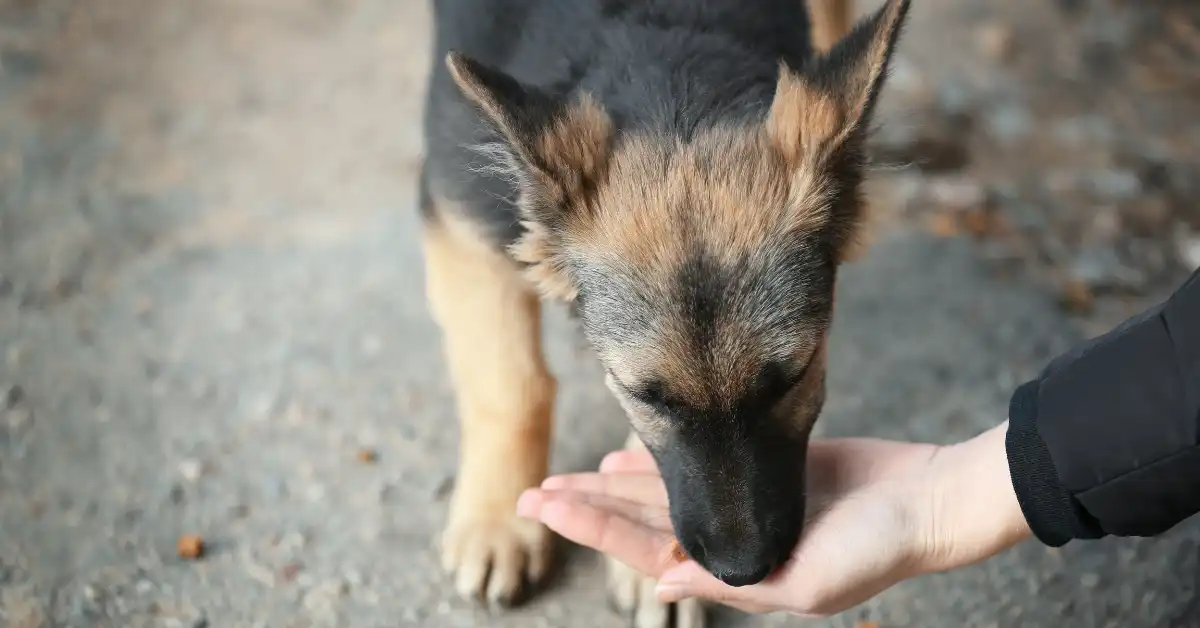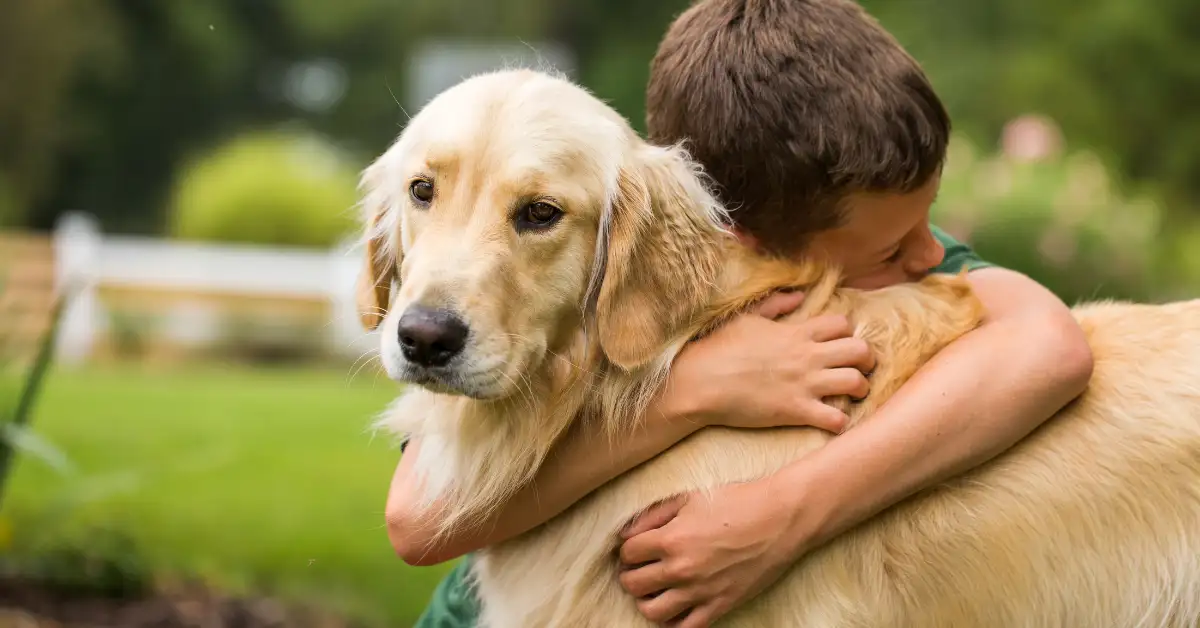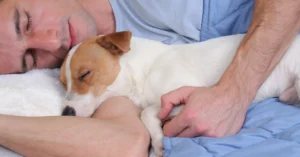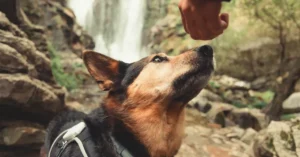Do Dogs Miss Us When We Leave? What Science and Your Pup’s Heart Say
Anyone with a dog knows how hard it can be to leave them behind. Whether it’s just for work or a vacation, they always want to come with us. And when they realize they can’t, they look completely heartbroken. But do they miss us when we go, or are they just curious about the outside world? And what exactly do they do when left alone? Let’s dig into it and find out.
What Happens to Dogs When You Leave Them Alone
A study in Sweden recorded 12 dogs at home while their owners were away. They monitored heart rates and vital signs to see how dogs feel alone. They found it interesting that dogs mostly stayed passive, sleeping or resting most of the time.
Because dogs are social creatures, they don’t entertain themselves much when left alone. Instead, they often nap or sit by the windows. Researchers noticed that dogs spent most of their time near the entrance door, maybe waiting for their owners to return.
When the owners returned, the dogs’ heart rates rose about 10%, showing their excitement. They also shook their bodies more after longer separations, something dogs do either to rearrange their fur or to show relief after feeling stressed.
Do Dogs Miss Us?
Scientists at Emory University in the U.S. trained a group of dogs to stay still inside an MRI machine. They exposed them to five scents: their own, a familiar human, a stranger human, a familiar dog, and a stranger dog.
When the dogs smelled the scent of their familiar human, the pleasure center of their brain lit up. This means dogs strongly associate good feelings with people they know. But does this mean they miss us, or does it mean they recognize our smell?
Another study looked at how dogs behave with different levels of familiarity. When placed in a room with their owner, a familiar person, and a stranger, dogs would wait behind the door their owner went through—not the others. This showed a real preference.
A 2011 Swedish experiment also checked if dogs can sense how long we’ve been gone. Cameras recorded dogs when their owners left for half an hour, two hours, and four hours. Dogs greeted their owners more excitedly after two hours than just half an hour. But interestingly, the difference between two and four hours wasn’t significant.
All this suggests dogs notice short vs. more extended periods away, but their sense of time differs from ours.
Can Dogs Tell Time?
Dogs don’t use clocks, but they’re good at routines. Most dog owners say their dog knows when it’s time for meals, walks, or when someone’s about to come home.
Your dog may recognize patterns, like the sound of your specific car or a bus that passes by before you get home. They also notice other signals, such as your spouse cooking dinner or the cat being fed. Dogs pick up on environmental cues better than we sometimes realize.
Even more fascinating, dogs use their powerful sense of smell to track time. When you leave home, your scent gradually fades. Dogs can tell by the strength of your scent how long you’ve been gone—and when it’s time for you to walk through the door.
Scent changes throughout the day, too. Morning smells differ from afternoon to night, and dogs learn these patterns over time.
How Dogs See the World
Dogs process images at least 25% faster than we do. To them, a YouTube video might look like a flickering set of frames instead of a smooth video. In the wild, this ability helps them detect quick movements and threats more easily.
As for color, dogs mostly see shades of blue and yellow. Reds, oranges, and greens don’t register for them like they do for us. However, they can see ultraviolet light, which helps them pick up traces like urine trails or spot prey in the wild.
Their view of the world is very different but still ideally suited to their needs.
How Long Can a Dog Remember a Person?
Dogs have incredible memory when it comes to scent. A dog can remember their owner’s smell for a lifetime. There are stories of dogs recognizing people they hadn’t seen in years simply through scent.
Dogs tie emotions to memories, too. So, if you make your dog feel safe and loved, those feelings stay with them. Even if your face changes over time, your smell and the emotional bond you share will always trigger recognition and joy.
Can Dogs Sense Our Moods?
Dogs don’t just recognize our faces or smells—they pick up on how we feel. A study in Italy found that dogs actually absorb their owner’s emotions by smelling chemical changes linked to mood.
If you’re sad or stressed, your dog likely feels it, too. They may stay closer, snuggle more, or even act more alert because they sense something is wrong. So when your dog cuddles you after a rough day, they’re not just guessing—they truly feel what you’re feeling.
Do Dogs Understand We Love Them When We Kiss Them?
Dogs don’t naturally understand kisses the way humans do. In dog language, bringing your face close to another’s can be seen as rude or threatening.
However, dogs can learn that kisses are good through repeated experiences—where kisses come with petting, soft voices, and treats. Over time, they associate the act of kissing with love and attention.
That said, not every dog enjoys kisses, especially from strangers. It’s essential to pay attention to a dog’s body language. If they seem stiff, turn their head away, or look uncomfortable, it’s best to respect their space.
Final Thoughts
Dogs are truly incredible companions. They miss us when we leave, they sense our emotions, and they even learn to understand the funny human things we do—like kisses. They may not track time like we do, but they feel the changes in their environment and hearts.
At the end of the day, no matter how long we’re gone, the bond between you and your dog is strong, loyal, and full of love. That’s something no amount of time apart can ever change.
Share this content:















Post Comment